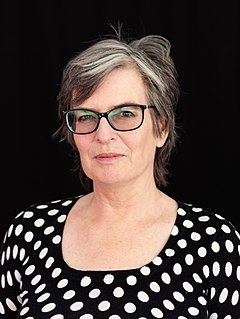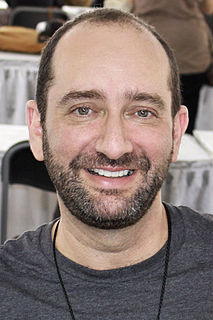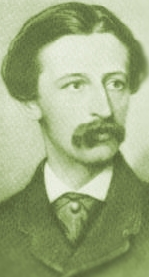A Quote by Jean-Paul Sartre
There is no love apart from the deeds of love; no potentiality of love other than that which is manifested in loving.
Related Quotes
Yet the timeless in you is aware of life's timelessness, And knows that yesterday is but today's memory and tomorrow is today's dream. And that that which sings and contemplates in you is still dwelling within the bounds of that first moment which scattered the stars into space. Who among you does not feel that his power to love is boundless? And yet who does not feel that very love, though boundless, encompassed within the centre of his being, and moving not from love thought to love thought, nor from love deeds to other love deeds? And is not time even as love is, undivided and paceless?
No one can genuinely love the world, which is too large to love entire. To love all the world at once is pretense or dangerous self-delusion. Loving the world is like loving the idea of love, which is perilous because, feeling virtuous about this grand affection, you are freed from the struggles and the duties that come with loving people as individuals.
Love is never easy. We begin by loving the things we can, according to our stature, but it is not long before we find that what we love is other than ourselves and that our love is no protection against being wounded. Do we then speak to dominate what we love, to make it bend to our will, to stop it from hurting us even though to do so is to betray love? And that is only where the difficulty begins.
Genuine love is volitional rather than emotional. The person who truely loves does so because of a decision to love. This person has made a commitment to be loving whether or not the loving feeling is present. ...Conversely, it is not only possible but necessary for a loving person to avoid acting on feelings of love.
The Greeks were smarter than us, and they had different words for different kinds of love. There's storge, which is family love. That's not us. There's eros, which is sexual love. There's philia, which is brotherly love. And then there's the highest form. Agape.” He pronounced it “aga-pay.” “That's transcendental love, like when you place the other person above yourself.
So she had to satisfy herself with the idea of love - loving the loving of things whose existence she didn't care at all about. Love itself became the object of her love. She loved herself in love, she loved loving love, as love loves loving, and was able, in that way, to reconcile herself with a world that fell so short of what she would have hoped for. It was not the world that was the great and saving lie, but her willingness to make it beautiful and fair, to live a once-removed life, in a world once-removed from the one in which everyone else seemed to exist.
I do not love you except because I love you; I go from loving to not loving you, From waiting to not waiting for you My heart moves from cold to fire. I love you only because it's you the one I love; I hate you deeply, and hating you Bend to you, and the measure of my changing love for you Is that I do not see you but love you blindly. Maybe January light will consume My heart with its cruel Ray, stealing my key to true calm. In this part of the story I am the one who Dies, the only one, and I will die of love because I love you, Because I love you, Love, in fire and blood.
Loving with human love, one may pass from love to hatred; but divine love cannot change. Nothing, not even death, can shatter it. It is all the very nature of the soul. Love is life. All, all that I understand, I understand only because of love. All is bound up in love alone. Love is God and dying means for me a particle of love, to go back to the universal and eternal source of love.
There's love and there's romantic love. The Greeks had different words for different kinds of love. And we just got "love." I don't know what you would call the other kinds - maybe brotherly love, Christian love, the love of Saint Francis, love of everyone and everything. Then there's romantic love, which, by and large, is a pain in the ass, a kind of trauma.





































